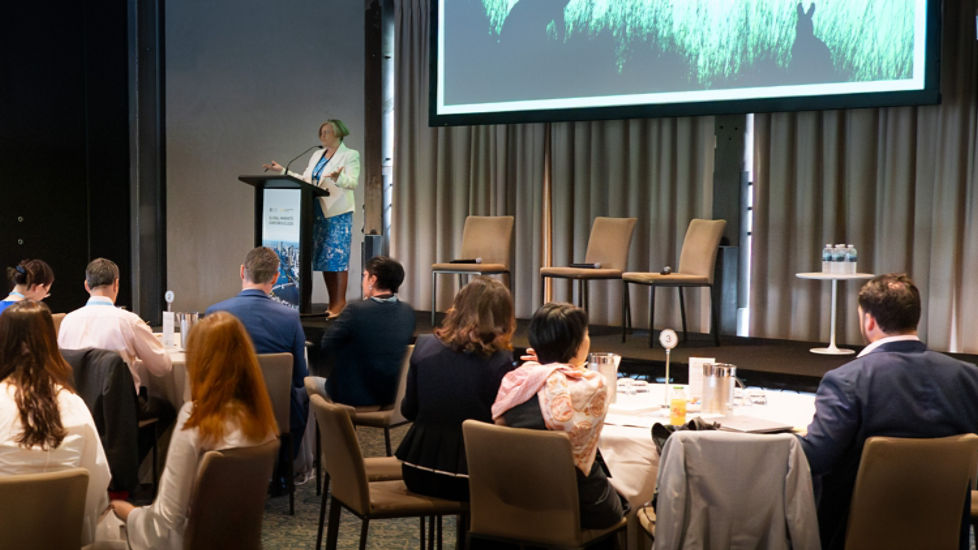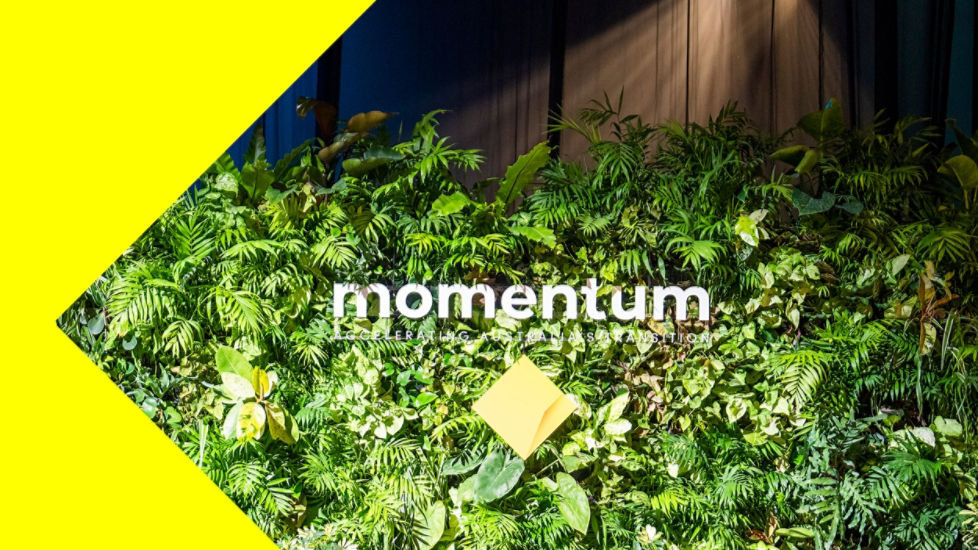Origin Zero also identified the opportunity for 162 kilowatts of rooftop solar generation, significantly larger than the five to six kilowatt systems most homes use.
“We worked back from that carbon assessment, understood what their sustainability targets were and then rightsized the solar system for the footprint available at the site,” says Liam McWhirter, a general manager at Origin Zero. “The solar was sized to meet a lot of their daytime usage.”
Heritage considerations were also paramount when installing solar panels at the 1930s complex.
Origin Zero carried out what’s known as power factor correction, where it makes changes to the metering and submetering arrangements to make the power flow more efficient. This can typically deliver corporate power savings of two to five per cent, which McWhirter describes as “low-hanging fruit”.
HSW is also cutting down on waste with innovations such as diverting tonnes of oyster shells to the OzFish Moreton Bay Shellfish Recycling Centre to help restore marine habitats. It has 17 different waste streams across its venues, including glass, cardboard, food waste, spent grain, compostable waste, cooking oil, coffee and ice-cream cups, steel food tins, polystyrene boxes, e-waste and batteries, soft plastics, recyclable containers and general waste.
HSW’s sustainability ambitions are supported by the Commonwealth Bank with a sustainability linked loan. Under the loan agreement, HSW committed to meet predefined sustainability targets in exchange for a slightly lower interest rate.
The first target was further reducing waste. Second was reducing energy use. Third was to partner with the Independent Indigenous Tourism Operators of Queensland to provide opportunities for First Nations Australians in the tourism sector.
“The close relationship we hold with HSW and our deep understanding of their goals and financing needs has been integral in delivering timely solutions in support of their business,” says Coombes, “whether it be funding certainty in the early stages of COVID lockdowns or structuring a sustainability linked loan supporting their sustainability journey.”
“Our whole team is passionate about our sustainability vision, from the cleaners to the chefs,” says Flaskas. “So it's really part of our DNA and we're so glad to be banking with CommBank, which is just as passionate and so supportive of these practices.”







